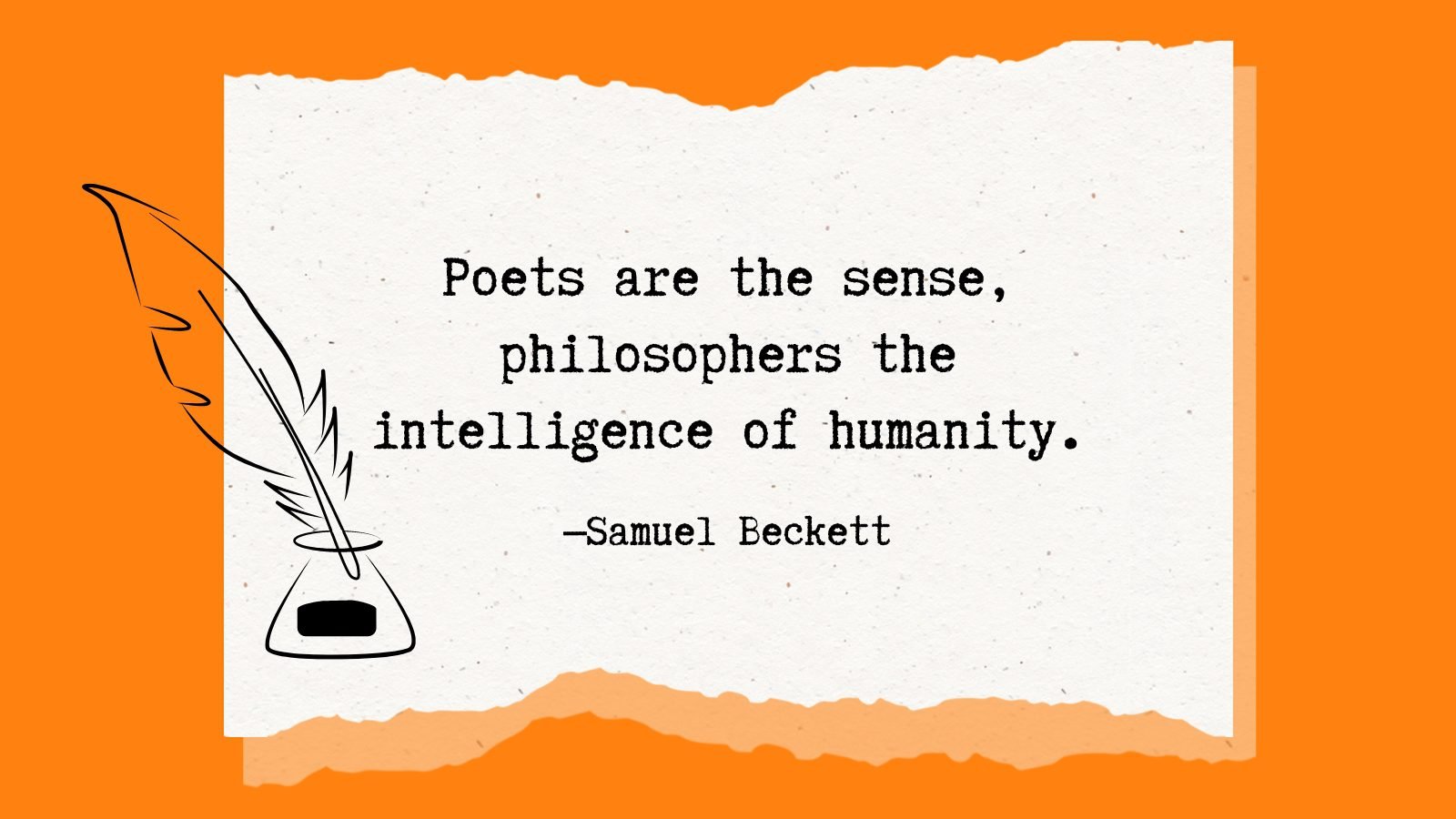Nahid Khanum
Poetry is a form of literature that uses aesthetic and rhythmic qualities of language—such as phonesthetics, sound symbolism, and meter—to evoke meanings in addition to, or in place of, a prosaic ostensible meaning.
Genres of Poetry:
Poetry encompasses a diverse range of genres, each with its own unique characteristics and styles. Some of the most common genres include:
Lyric Poetry: A subjective form of poetry that expresses the poet’s emotions, thoughts, and experiences.
Narrative Poetry: Tells a story or recounts a specific event, often using vivid imagery and descriptive language.
Dramatic Poetry: It is written in the form of a play, featuring dialogue and action to convey a story or theme.
Epic Poetry: It is a long, narrative poem that tells the story of a hero or a grand historical event.
Sonnet: A 14-line poem with a specific rhyme scheme and meter.
Haiku: A three-line poem with a 5-7-5 syllable pattern.
Poetry vs. Other Literary Genres:
Poetry differs from other forms of literature in its emphasis on the aesthetic and musical qualities of language. While prose focuses on conveying information and ideas in a straightforward manner, poetry utilizes figurative language, rhythm, and sound patterns to create a deeper emotional and sensory experience.
Please, subscribe to the monthly magazines of republicpolicy.com
Why Poetry is the Best Form of Expression:
Poetry holds a unique position among literary genres, offering unparalleled power of expression and emotional resonance. Here are some reasons why poetry is considered a superior form of literary expression:
Condensation and Precision: Poetry’s brevity and focus on carefully chosen words allow for a greater concentration of meaning and impact. It distils emotions and ideas into their purest essence, conveying them with a directness and intensity that other forms of literature struggle to match.
Emotional Depth and Insight: Poetry has the capacity to delve into the depths of human emotion, capturing the nuances of joy, sorrow, love, loss, and the myriad of other experiences that make up our lives. It allows us to connect with our own emotions and empathize with the emotions of others on a profound level.
Sensory Engagement: Poetry engages our senses, evoking vivid imagery and sounds that transport us to different worlds and experiences. It stimulates our imagination and allows us to perceive the world in new and unexpected ways.
Musicality and Rhythm: Poetry’s rhythmic patterns and use of sound devices like alliteration, assonance, and consonance create a musicality that adds an extra layer of depth and resonance to the poetic experience.
Universality and Timelessness: Poetry speaks to the universal human experience, transcending cultural and temporal boundaries. It has the power to connect with readers across generations and cultures, making it a timeless and enduring art form.
Therefore, poetry is not merely a form of entertainment; it is a powerful tool for self-expression, emotional exploration, and connection. Its ability to condense language, evoke emotions, engage the senses, and create a musical flow makes it a unique and indispensable form of literary expression. Poetry allows us to explore the depths of our own experiences and connect with the shared human experience in a way that no other form of literature can. Even for common readers and listeners, poetry is the best expression of human feelings, passions and desires explained in a tranquil manner in the most thematic and lyrical way.
Please, subscribe to the YouTube channel of republicpolicy.com
















